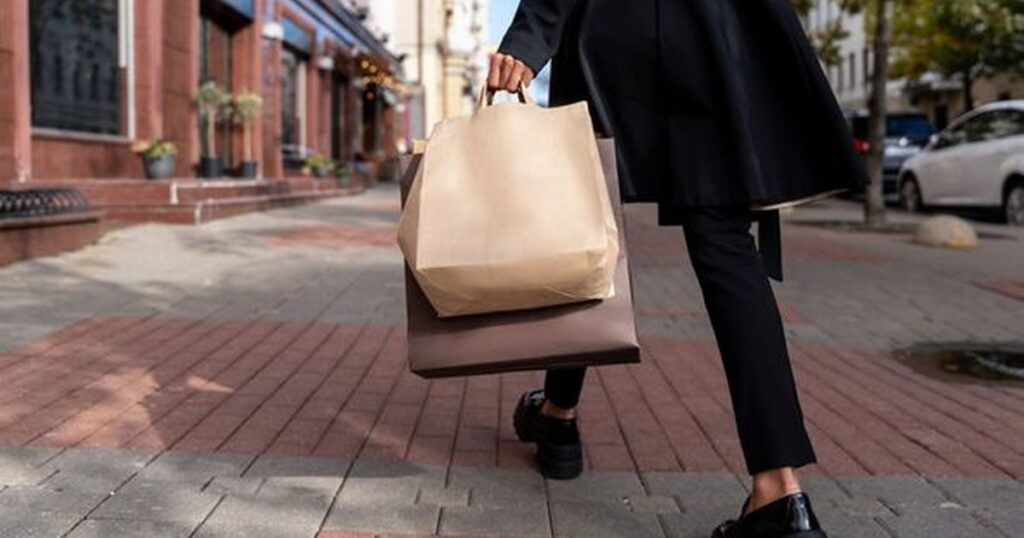UK retail sales have surged to their highest level since July 2022, despite a significant drop in consumer confidence. The Office for National Statistics (ONS) reported a 1% increase in retail sales volumes for August compared to the previous month, exceeding market expectations.
Retail sales volumes in the UK experienced an impressive 1% growth in August, surpassing analysts’ predictions of a modest 0.4% rise. This marks the highest monthly growth rate since July 2022 and builds on the 0.5% increase recorded in July. Excluding motor fuel, core retail sales saw a sharper increase of 1.1%, significantly higher than the 0.7% growth observed in the previous month and well above market forecasts. Annual retail volumes for August surged by 2.5%, the most substantial increase since February 2022, just 0.4% shy of pre-pandemic levels recorded in February 2020.
Non-fuel retail sales also posted a remarkable year-on-year growth of 2.3%, up from 1.4% in July. Supermarkets emerged as notable beneficiaries, with food sales rising by 1.8%. Clothing retailers also saw an uptick, driven by back-to-school promotions.
Matt Jeffers, Managing Director for Retail Strategy and Consulting at Accenture, commented on the promising figures, saying, “The warmer weather saw brands benefit from strong performances in food and clothing sales in particular.” He noted that retailers are now preparing for the lucrative ‘Golden Quarter,’ which includes key shopping events such as Halloween, Black Friday, and Cyber Monday. Jeffers added, “With Autumn now upon us, September will see new demands for seasonal trends in clothing and food as temperatures cool off and days shorten.”
Despite these positive results, consumer confidence has taken a hit. GfK’s consumer confidence measure dropped to -20 in September from -13 in August, marking the lowest level since March. This decline reflects ongoing economic uncertainties, including rising unemployment and persistent inflation, particularly within service sectors. The Bank of England’s cautious approach, coupled with expectations of sustained high interest rates, is also impacting consumer sentiment.
Further complicating the economic landscape, the prospect of a challenging budget on 30 October has added to public unease. Speculation abounds about whether Chancellor Rachel Reeves will adjust her stance, especially after the Treasury received a £10bn windfall from the Bank of England. However, early indications suggest a focus on debt reduction over immediate consumer relief, with potential cuts to the winter fuel allowance.
The UK retail sector has demonstrated resilience with a notable rise in sales volumes, despite a backdrop of declining consumer confidence and economic uncertainty. As the ‘Golden Quarter’ approaches, retailers are strategically positioning themselves to capitalise on seasonal demand shifts, although the broader economic outlook remains cautious.


